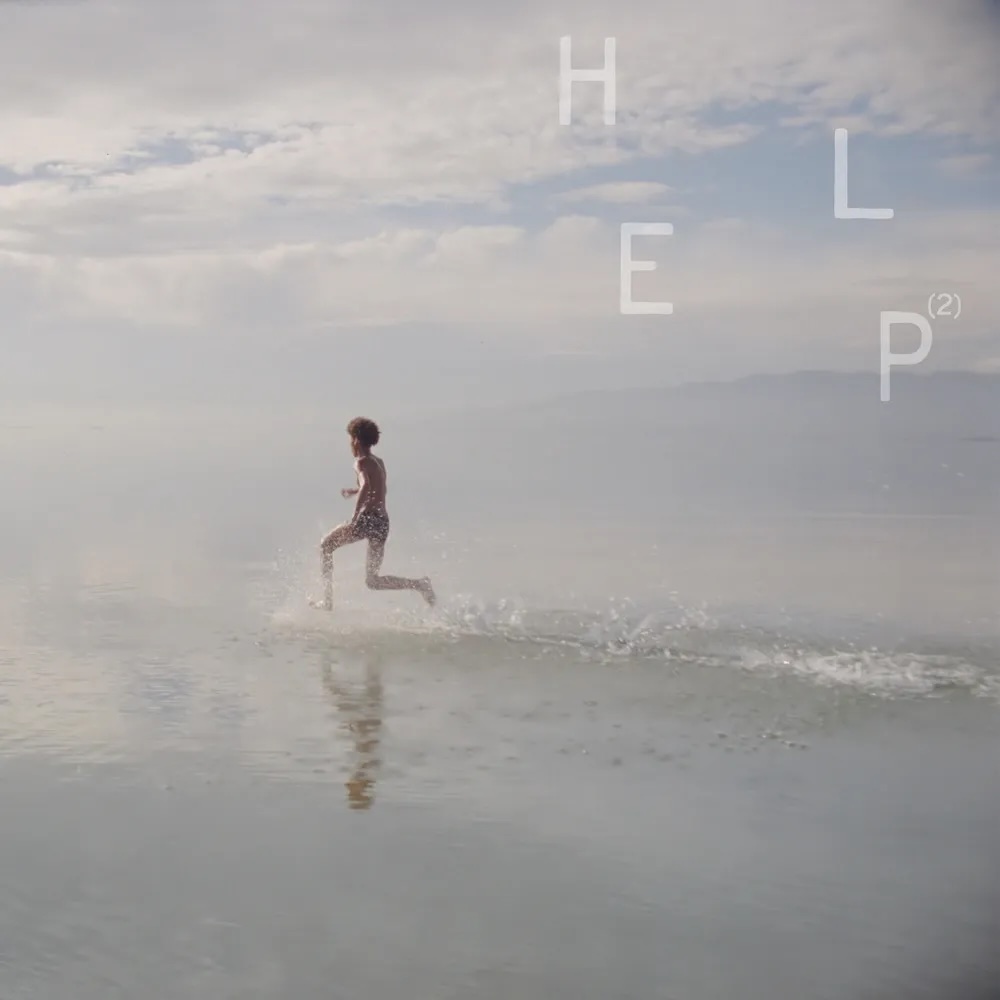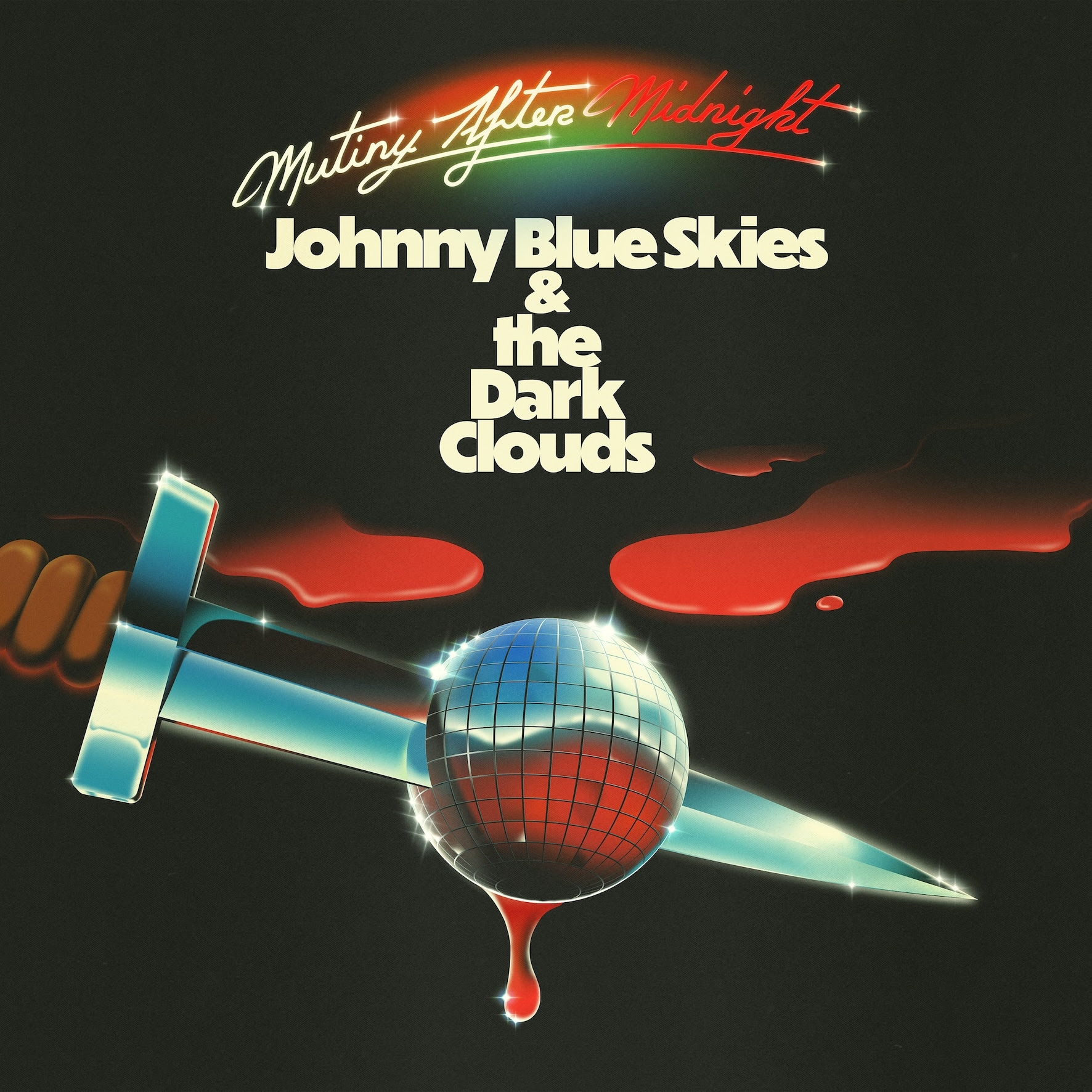Sometime in the mid-'90s, Wyclef Jean read a magazine that fucked up his day. "If you read the magazine, it says the girl should've went solo / The guys should stop rapping, vanish like Menudo," he'd rap on his group the Fugees' 1996 track "Zealots." Looking at that line right now, with 20 years of distance, there's so much going on in it. For one thing, Wyclef had to acknowledge something: His group had a standout, and he wasn't it. It was clear to anyone with ears that Lauryn Hill was the best rapper in the Fugees, and she also had this incredible weathered, powerful singing voice. And if the group didn't work out, she had options. She'd already starred in the soap opera As The World Turns and the movie Sister Act 2, and she was still enrolled at Columbia University when her group was recording The Score. Wyclef and Pras Michel, his fellow Fugee, didn't have any other options. And yet Wyclef still resented the idea that he was somehow expendable. He knew that he wanted to be a pop-music force, and for a time, he was.
Of course, that line turned out to be eerily prophetic, too. The girl would go solo, two years later, recording an album that conquered the world. And then she intentionally vanished, disappearing to have a couple of kids and then to follow some sketchy religious guru. That's still an ongoing story, even though Hill will occasionally pop up to play the odd festival. It's not clear that she'll ever get it completely back together, and she'll always be remembered as the artist who walked away at the peak of her power. The guys didn't vanish, at least not at first. Pras basically would; he recorded the fun hit "Ghetto Superstar," starred in the D-movie Turn It Up, and then essentially blinked out of existence. Wyclef would record one pretty good solo album of his own, and for a while, he was an inescapable presence, imposing his loony culture-collision ideas on the world. (Just one example: He put Kenny Rogers on a song with Pharoahe Monch in 2000.) And he still refuses to go away completely. He'll do anything, no matter how obviously wack, to stay visible. (Last year, he recorded a song with Avicii and Matisyahu.) But the world would eventually turn without him. And even Menudo would come back, after a fashion, as the former member Ricky Martin would triumphantly unvanish two and a half years later. But before all these strange stories would play out, that girl and those guys would record one indisputable classic together, a slick and smart and soulful rap blockbuster that would dominate the world and prepare the way for all the pop-minded rap rebels that followed.
Nobody expected The Score to score the way it did. Listening to it now, it's clear that the Fugees didn't command the same label resources that, say, Biggie Smalls would when he released the sweeping double album Life After Death a year later. Why would they? Blunted On Reality, the trio's 1994 debut, had been a failure, both creatively and commercially. It had taken all the ideas flying around in the world of alternative rap -- the acoustic guitars and reggae overtones and get-free sentiments -- and ground them up into a chunky, heterogenous mess. Their label head could've justifiably dropped them. Instead -- maybe realizing he had something with this girl -- he gave them another shot. But the album was still a pretty bare-bones operation. There are no big-name singers or guest-rappers on the album. There are samples -- presumably expensive ones -- but Wyclef didn't bother to clear most of them, which would lead to a few lawsuits once the album blew up. They recorded the whole thing in Wyclef's basement studio, and the most prominent guests were Rah Digga and Young Zee, from the group's Jersey-underground contemporaries the Outsidaz, and Diamond D, the permanently underrated purist rapper/producer.
And yet it doesn't sound like a bare-bones operation. The Fugees, along with associate Jerry Wonder, produced almost the entire album themselves, and they'd found their musical voice by then. They were working from a very specific blueprint: deep neck-snap mid'-90s East Coast boom-bap, the sort of music that could've been on a Heltah Skeltah album, except cleaned-up and streamlined, with a few of the ancestral pop-music allusions that Puff Daddy was already taking to the bank. Wyclef understood the value of an unlikely sample, and so we end up with a big rap album that jacks Enya and the Flamingoes' beloved oldie "I Only Have Eyes For You" on consecutive tracks. And he'd learned that Lauryn Hill could be a human hook factory, giving something like the "Fu-Gee-La" and "Ready Or Not" choruses more powerful deliveries than any guest ever could. The entire album sounds dark and downbeat -- perfect for a generation of suburban teenagers weaned on Cypress Hill and Wu-Tang -- but the melodies still flowed freely. The skits -- Chinese-restaurant comedy bits that seem deeply racist now -- are light and playful, not bracing and militant. But the album still opens and closes with a fired-up random ranting about revolution. The Fugees of The Score came off as both funny and important at the same time. Or, per Lauryn, "Even after all my logic and my theory / I add a 'motherfucker' so you ign'nant niggas hear me."
Hill is still on a very short list of women in the "greatest female rapper of all time" debate, and that's almost entirely because of what she does on The Score. (She barely rapped on Miseducation two years later.) Listening today, there's some silliness in her lyrics; she's doing the basement-cipher thing, swinging randomly among subjects and references. She's consuming mango juice under Polaris. Whether Jew or gentile, she ranks top percentile. Her rhymes make incisions in your anatomy. It's a classic '90s New York trope that hasn't aged that well: As long as you include enough thesaurus words in your verses, you'll sound smart. (Plenty of rappers are still trying this.) But this was nothing her bandmates weren't doing; unlike Pras, Hill at least had the good sense not to rhyme "Alec Baldwin" with "Tracy Chapman." She has plenty of timeless gems, too: "While you imitating Al Capone, I be Nina Simone / And defecating on your microphone." And more than anything else, she had presence. Her delivery is melodic even when it's hard, and there's always personality to it. Confidence is any rapper's greatest weapon. Lauryn Hill just radiated it.
Wyclef has never lacked for confidence, either, though he's always needed an editor to tell him when his ideas were stupid. (His ideas, in the years since The Score, have usually been stupid.) Maybe he had that on The Score; maybe Pras or (more likely) Hill was calling him on his bullshit. In any case, this is probably the only Wyclef-associated album that never lapses into "what if I put this with this goofiness." (Never forget: Wyclef once signed the world's most buzzed-about rapper and then let him release, as his big single, a song where he's rapping from the perspective of sperm.) The Score does have a few cringeworthy moments. It has the bonus track "Mista Mista," an unforgivable hunk of social-consciousness cheese, and it has the acoustic cover of Bob Marley's "No Woman No Cry," an alt-rock radio hit that reeks of dorm-room pretension. But for the most part, Wyclef was firing on all cylinders here, finding depth and punch in his sample choices and rapping with a sly assurance. There was a real chemistry at work within the group, too. Even Pras was never anyone's idea of a great rapper, but his voice was thick and wet and heavy, and he worked great in short bursts. Plenty of the lyrics on The Score haven't aged well -- "Connie Chung brung the bomb as it come from Oklahoma" is pure a pure-gibberish word-salad of then-current cultural references. But the three rappers sounded so cool that nobody lingered on them.
That's the thing about The Score: Everything just clicked, even when it had no right to click. Consider, for example, the album's big hit, a cover of Roberta Flack's "Killing Me Softly." The group had wanted to interpolate the song, to turn it into something else, but the song's writers, Charles Fox and Norman Gimbel, wouldn't let them do it. They would, however, let the group record a straight-up cover. Despite its shuffling breakbeat, the Fugees' version of "Killing Me Softly" had no rapping; it just had Lauryn Hill singing the entire fucking song, investing it with gravity and vulnerability and force. And their version of the song was huge -- nearly as big a global smash as Flack's version had been in 1973. It was the Fugees' biggest hit ever, and they fell ass-backwards into it. It wouldn't last, but for that little window of time, their entire existence was charmed.
And even if the Fugees themselves wouldn't last, the album would. There had been commercially successful boho-rap before The Score, of course. De La Soul and a Tribe Called Quest had made huge records, and Arrested Development sold a whole pile of their debut album. But The Score came out into an era of absolute gangsta-rap dominance; 2Pac, after all, released All Eyez On Me on the very same day. And it competed with the things that Dr. Dre and Sean Combs were doing, on their terms. It sold six million albums. It spent a whole month atop the Billboard album charts. It sounded tough and slick and cinematic, just like those albums, and it conquered the brains of an entire generation of teenagers, just like those albums. Someone like Kanye West, who combined pop canniness with socially incisive tendencies in many of the same ways -- would've had a much harder time if the Fugees hadn't come along to help set the table.
When people talk about the classic rap albums of the '90s these days, I don't hear The Score mentioned nearly as much as, say, Illmatic or The Chronic. I get it. The Score has moments of clumsiness that those albums don't have, and its makers went on to do way more embarrassing things. Also, The Score was so dominant that it seems somehow too obvious; it's like repping for Jagged Little Pill as a classic album (which, for the record, it absolutely is). But in terms of reach and impact, there haven't been many albums, in any decade, that could match what The Score did. It resonated. How many albums resonate like that?
[videoembed size="full_width" alignment="center"][/videoembed]
[videoembed size="full_width" alignment="center"][/videoembed]
[videoembed size="full_width" alignment="center"][/videoembed]






